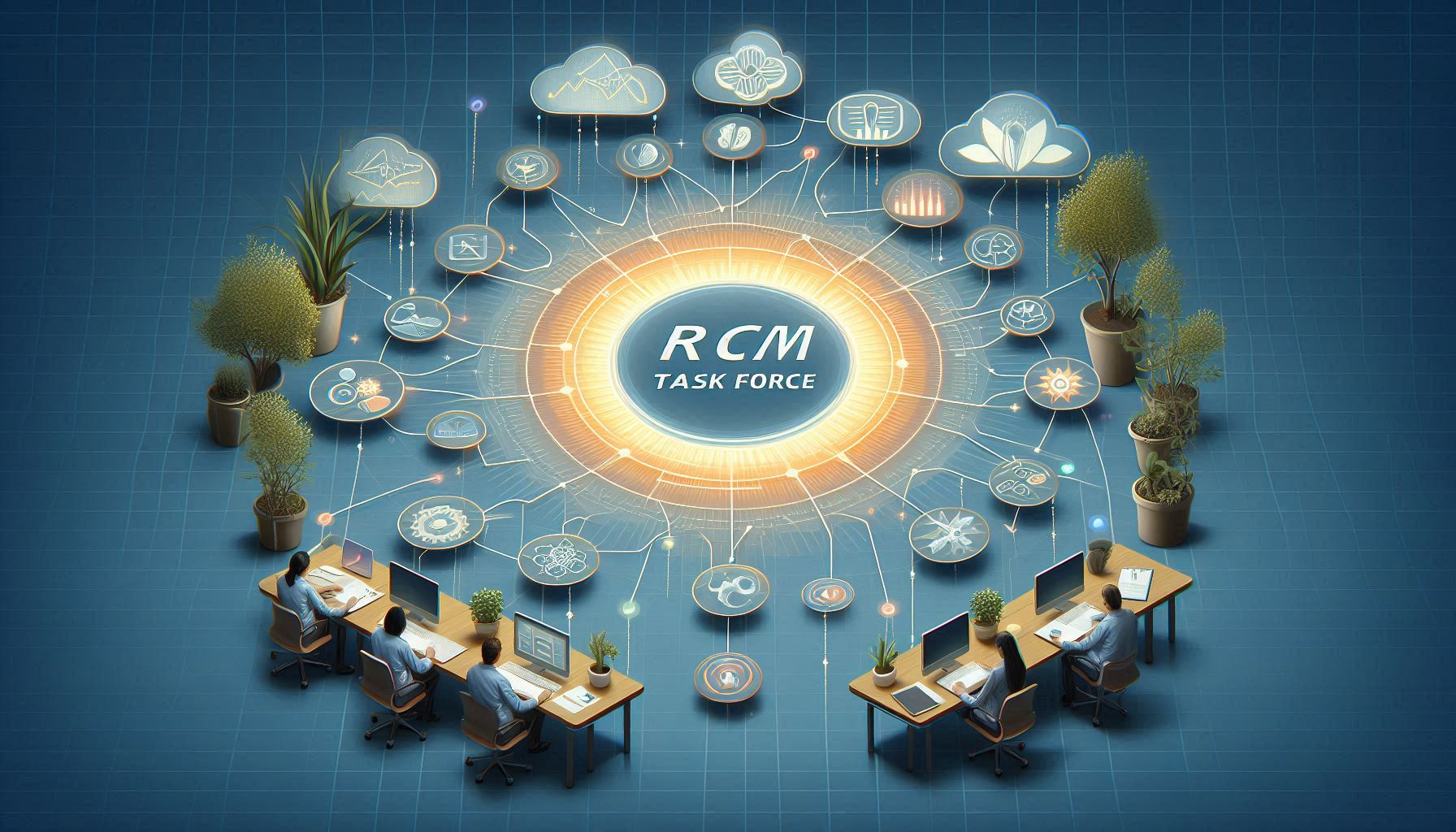-

RCM Risk Management: Forecasting Disruptions in Reimbursement
Introduction Revenue Cycle Management (RCM) is a cornerstone of financial stability in healthcare organizations, encompassing the entire process from patient registration and insurance verification to billing, claim submission, and payment collection. Given the increasing complexity of healthcare reimbursement—driven by evolving payer policies, regulatory changes, and technological advancements—managing the risks associated with revenue collection has become…
-

Aligning Strategic Planning with RCM Objectives in Group Psych Practices
Introduction Group psychotherapy practices occupy a critical role in behavioral health care by delivering effective mental health interventions to multiple patients simultaneously, often reducing treatment costs and improving access. However, the financial and administrative complexities these practices face are significant. As they expand or evolve, strategic planning becomes indispensable for defining long-term directions, balancing resources,…
-

Creating an RCM Task Force in Growing Behavioral Health Networks
Introduction Revenue Cycle Management (RCM) is a critical backbone for any healthcare organization, and this is especially true in behavioral health networks that are rapidly expanding. Effective RCM ensures that behavioral health providers get paid promptly and accurately for the vital services they deliver. However, behavioral health billing faces unique challenges including complex insurance requirements,…
-

From Self-Criticism to Self-Love: Fitness as a Tool for Personal Growth
The journey from self-criticism to self-love is rarely linear. It involves unlearning harmful beliefs, building new habits, and finding empowering outlets for emotional and mental transformation. Among these outlets, fitness emerges as a powerful and accessible tool—an avenue not just for physical transformation, but for emotional healing, mental clarity, and deeper self-acceptance. This article explores…
-

Reducing Billing Anxiety for Psychiatric Patients and Families
Introduction Billing anxiety — the stress, fear, and uncertainty patients and families feel around the cost of care — is especially acute in mental health care. Unlike many other medical specialties, psychiatry often involves prolonged treatment: weekly or biweekly sessions over months or years. While this longitudinal approach is clinically beneficial, the financial implications can…
-

Mental Strength Gained Through Physical Fitness: Stories of Inner Growth
Physical fitness is often celebrated for its visible results—toned muscles, weight loss, and improved cardiovascular health. Yet, beneath the surface transformations lies a deeper, more powerful outcome: enhanced mental strength. For countless individuals, lifting weights, running marathons, or practicing yoga has become more than just a physical pursuit; it has evolved into a life-changing journey…
-

Fitness for a Cause: Stories of People Who Used Fitness to Support Charities and Movements
In the modern world, fitness is often framed in the context of aesthetics, health, or personal growth. However, an increasingly powerful trend has emerged—individuals using their physical pursuits to raise awareness, drive fundraising, and support causes close to their hearts. This movement, often called “fitness for a cause,” blends personal transformation with collective impact. Whether…
-

From Lone Wolf to Leader: How One Person’s Journey Inspired Others
Every great leadership journey starts with a story of transformation. Often, the most inspiring leaders are those who once walked a solitary path, disconnected not only from others but sometimes from themselves. The “lone wolf” archetype represents the fiercely independent, highly capable individual who prefers self-reliance over collaboration. But what happens when a lone wolf…

Monday – Saturday 9AM – 5PM
Sunday – CLOSED





